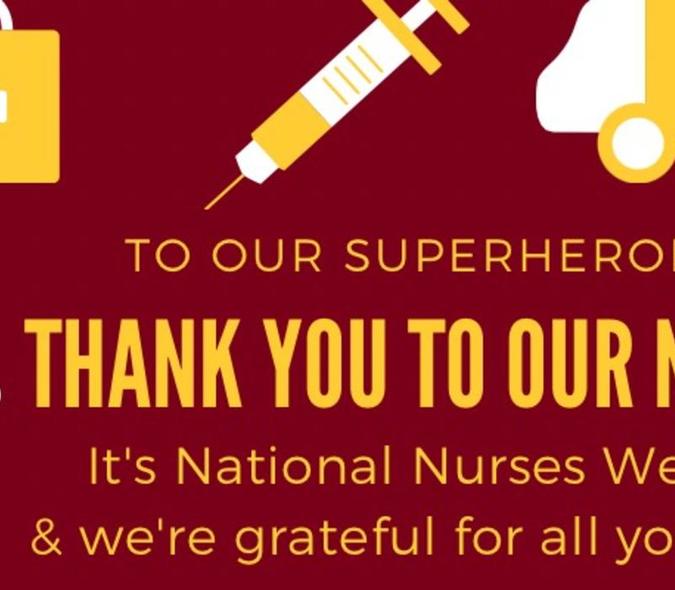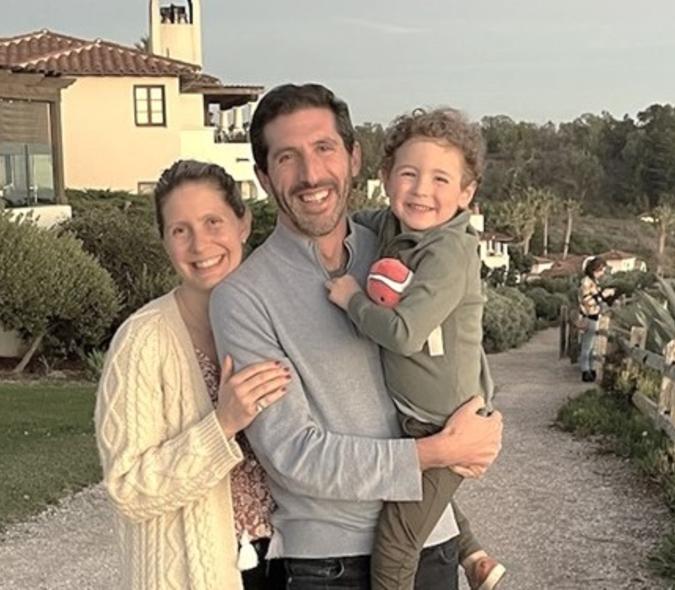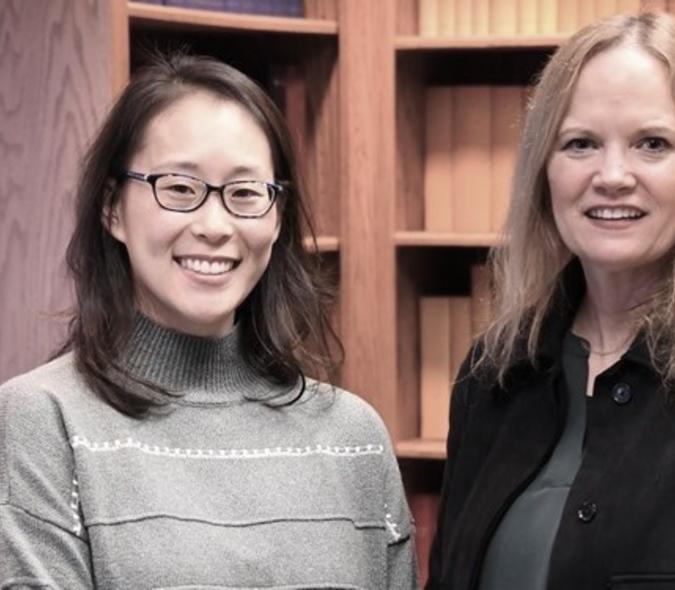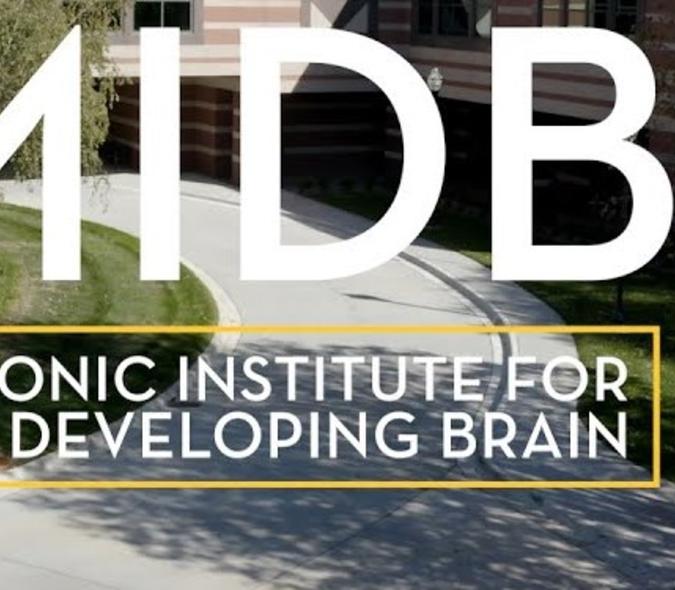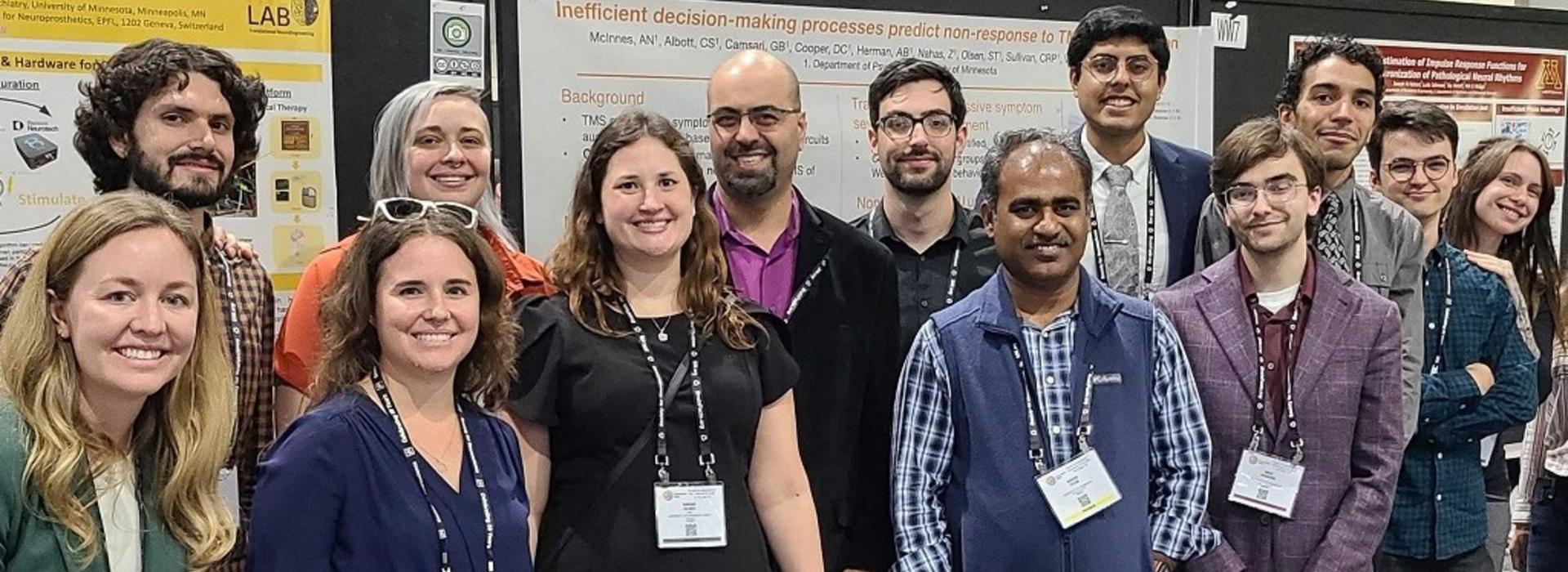
Mentor helps young investigators navigate the complicated landscape of discovery
Assistant Professor Alik Widge, MD, PhD (pictured above with lab members and collaborators at the Society for Neuroscience 2022 meeting), takes an approach to mentoring that is grounded in engineering – learning by doing. “There is no substitute for trying to do something to really understand your strengths and weaknesses and what you need to get better at,” he explained. “Most of my work with young researchers revolves around trying to do a new project, land a grant, or publish a paper. We go through the process to see where they get stuck and then try to get them back on track by providing customized resources.”
One of the ways some of Widge’s mentees may get stuck is not understanding the ins and outs of what’s required, especially when preparing a grant proposal or journal article. He helps his mentees find the window of what they can and cannot do when navigating a peer reviewer’s requests. “I learned mostly through messing up and taking the resulting knocks,” he said. “I like to help my mentees avoid some of the pain I went through earlier in my career.”
Whose careers have you launched?
A benchmark for someone who mentors young investigators is identifying those whose careers you helped launch, according to Widge. “As someone who runs a lab with 20 to 30 people, you can attract talent by showing that you did something worthwhile for the last set of folks who worked with you,” he said. “Young researchers want to work with someone who is going to help them pursue their own ideas and get somewhere.”
Widge takes a pragmatic approach to evaluating his mentees’ success. “In many cases, so much of the really fun growth occurs after they’ve moved on and out from under my umbrella,” he said. “That’s when they land that first grant and publish those first papers without me and they say to themselves, ‘I can do this.’ That’s the more gratifying part…when I get an email that says, ‘Oh my god, I got it!’”
Dealing with failure
Investigation implies the possibility of failure and Widge helps his mentees understand that. “Fundamentally, when you try to do a meaningful research project, the first thing that happens is that all the methods stop working for you,” he said. “Then you spend 6 to 12 months trying to make the equipment work. That’s science. You’re trying to do something at the edge of possibility; therefore, the physics and the biology tend to be uncooperative.”
Widge views his job during that time as a cheerleader and “normalizer in chief.” Living through the failures and adversities helps his mentees understand that they’re learning at every step, he noted. “I tell them it’s fine because they have no idea about how much failure is expected,” said Widge. “I let them know that they’re putting in the effort required and it’s par for the course. There are some people, however, that need to be reminded to put in more effort.”
It's getting more complex
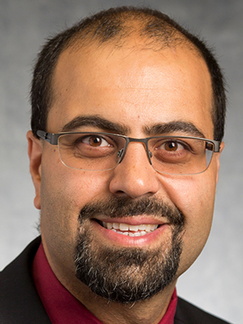
Mentoring continues to get more complex, according to Widge (pictured here). “Science is like elite athletics for the mind and like all competitive sports, the bar keeps rising,” he said. “The quality of writing and the difficulty and diversity of work that is demonstrated by the most successful young scientists today is leaps and bounds beyond what I was doing at that age.” Widge has found that he must coach people to higher levels of performance just for them to be able to achieve ordinary success.
One of the biggest mistakes a mentor can make is assuming that one size fits all or what worked for them will work for their mentees. “They need different things and have different skills,” said Widge. Assuming that one mentoring relationship is enough is another big mistake. “There are things I can’t teach,” said Widge. “I have processes that work for me, and I can teach someone my methods but not all my methods will work for them. At some point, they will need to sit down with someone else who approaches the problem differently and learn a new method that works better for them.” Widge compares the process to doctoring. “When I see a patient, I need to know when their condition has reached the end of my expertise and they need to see someone else,” he said. “As a mentor, you need to build a network of people for referrals.”
The diversity hurdle
While there is more diversity among his mentees, which as he says, “is a great thing,” it requires Widge to do more mentoring in the context of trauma. Some of his mentees have experienced various forms of racist or sexist policies that in some cases create imposter syndrome. That can be fatal for a young investigator. In this context, Widge finds that he must get down to the basics. “There are times when I’m motivating someone to just sit down and write or do whatever they need to,” he said. “They’ve been told, ‘you can’t,’ ‘you don’t belong here,’ over and over. I haven’t found the secret sauce to working through that yet. That is my biggest struggle as a mentor right now – how do I do better with mentees who have those backgrounds?”
Widge believes that is an area in which the U could provide more help for mentors. “It gives my mentees so much more self-doubt they must work through every time they sit down at a keyboard,” he said. What he thinks the U does do well, however, is to offer numerous smaller grants that people can win. “Those small wins feel huge to members of the diverse community,” said Widge. “Having lots of those opportunities enables them to learn on the bunny hill of research before they go down the ultra-deadly black diamond run.”
